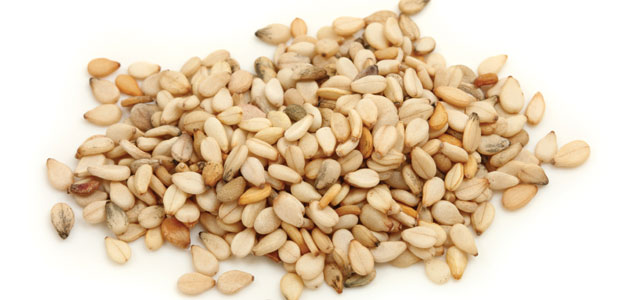Advertisement
Feel-Good Food
Nutrition to boost your mood

Food not only plays a role in the way we look, but more importantly, it affects the way we feel. What we eat directly affects the quality of our mood, motivation, energy, stress, and overall feeling of well-being.
There is a food-mood connection. A poor diet can throw off the optimal balance of neurotransmitters in our brain, thus altering our mood.
Neurotransmitters are the brain’s chemical messengers that deliver information between one neuron (nerve cell) to another. Specific neurotransmitters regulate energy, carbohydrate cravings, and sleep cycles, and shape our overall mood. Vitamins, minerals, and protein aid in the production of neurotransmitters and aid the transmission of messages.
Amino acids
Tryptophan is the amino acid that is converted to serotonin, our “happy” neurotransmitter. About 20 percent of serotonin resides in the central nervous system, helping to regulate mood, sleep, and appetite. A serotonin deficiency is largely correlated to depression. This is especially important for women as they tend to synthesize 52 percent less serotonin than men.
Since some amino acids compete for absorption, it’s important to incorporate foods with a higher percentage of tryptophan as a percentage of protein. Excellent sources include egg whites, sacha inchi seeds, sesame seeds, oats, beans, spirulina, chicken, and turkey.
Omega-3s
Sixty percent of the brain is made up of fat, and omega-3 fatty acids are among the most important fats. A 2007 meta-analysis of 10 studies found that omega-3s had significant effects in treating depression and bipolar disorder, but overall research results have been inconsistent. Omega-3s improve the communication of neurotransmitters across synapses.
Direct sources of EPA and DHA (essential omega-3 fatty acids) are naturally found in oily fish, such as salmon, tuna, herring, sardines, and cod.
Plant-based sources of omega-3s in the form of alpha-linolenic acid (ALA) are converted into EPA and DHA in the body, however, at modest amounts. Sources of ALA include flaxseeds and flaxseed oil, pumpkin seeds and pumpkin seed oil, and walnuts and walnut oil.
Sacha inchi seeds are among the best plant-based sources of omega-3s. One ounce (28 g) of sacha inchi seeds contains 7,000 mg of omega-3, whereas 1 ounce (28 g) of wild salmon contains approximately 565 mg.
Selenium
Studies suggest that this trace mineral can improve mood. The intake of 100 mcg of selenium per day over a five-week period was associated with lower feelings of depression, anxiety, and fatigue.
Brazil nuts are one of the highest sources of selenium, with one to two nuts supplying 100 to 200 mcg. Other sources include tuna, chicken, turkey, cod, and halibut.




